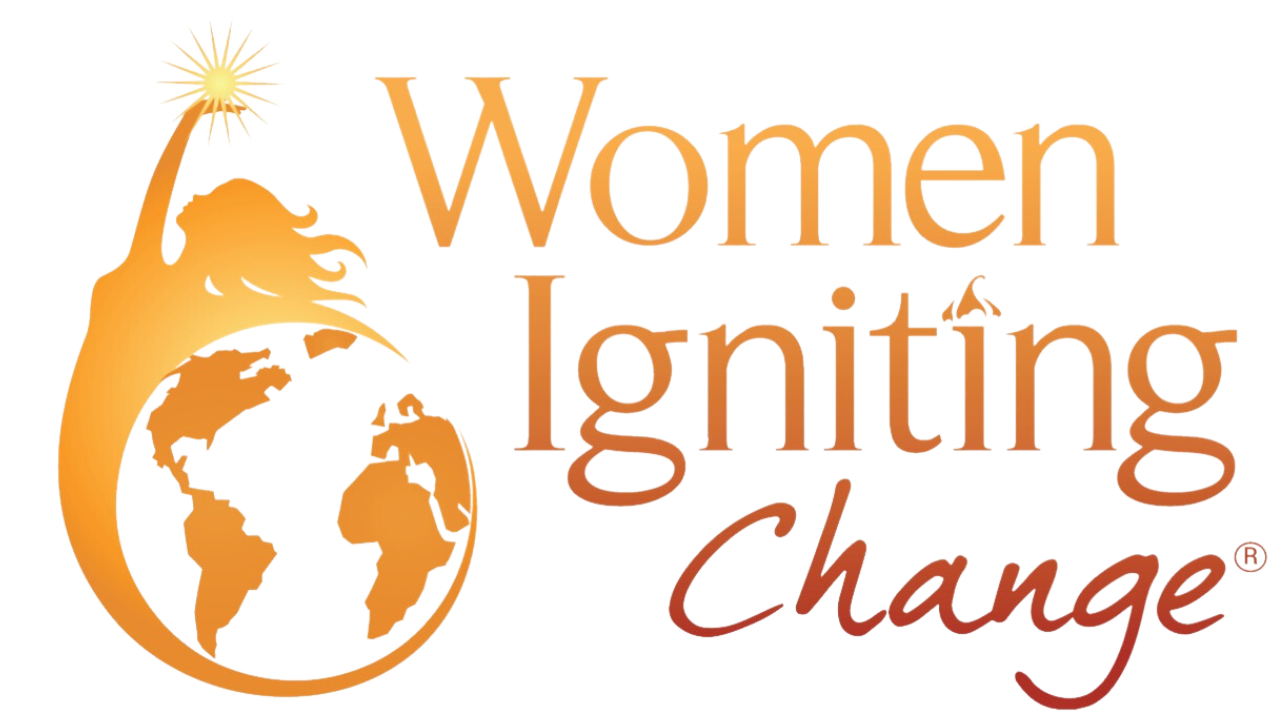EP 11: Beyond Black and White: The Women Behind ’Dissonance’
“There are actually more people that want to be unified, that want to figure out how to hear and see each other, than not.”
In the immediate aftermath of the death of George Floyd, when the US was in a state of social unrest, friends and fellow theater artists Marci Duncan and Kerry Sandell decided to have a conversation about race and what it is like, as a Black and a white woman, respectively, to raise young men in this climate. Marci came to realize the power dynamic at play in previous conversations and relationships with white women, while Kerry realized that her white son had freedoms and protections that she had until then taken for granted. These courageous conversations–which were uncomfortable and messy as well as revelatory and grounded in love–became the basis of their debut play “Dissonance.”
“Dissonance,” they explain, is not a prescriptive or preachy exercise in “How to Have a Conversation About Race,” and no one is there to “win.” As the play has traveled across the country, audiences consistently report that the play makes them feel seen, validated, humbled as well as challenged. For the two women, the play has confirmed that despite all the messaging suggesting a country at war with itself, the vast majority of people want unity.
For Marci, the play was physically cathartic and she shares her body’s unexpected reaction to confronting truths in front of an audience. Both on stage and in life, this is a story of race and friendship and what happens when we seek to truly understand each other.
Quotes
- “I've never had such an in-depth conversation about some of these things with a white person. And throughout the process, I had learned that there were some trust issues there between myself and white women because the situations or relationships that I had been in previously, it always felt like a power dynamic existed in the relationship.” (15:12 | Marci Duncan)
- “One of the things that this play continues to do is to show us that there are so many more people who want unity than there are people who don't. It has debunked that myth and that belief system that we are so divided beyond repair. That is not true.” (19:47 | Marci Duncan)
- “‘Dissonance,’ we always say, is not prescriptive. This is not ‘Six Steps on How to Have a Racial Conversation.’ But it does model what's necessary in these difficult conversations– the friendship, the intimacy, the vulnerability, the humility–that need to take place.” (22:01 | Kerry Sandell)
Links
Connect with Marci Duncan and Kerry Sandell:
https://dissonanceplay.com/team
Connect with Robbin Jorgensen (She/Her):
Website: https://womenignitingchange.com
LinkedIn: https://www.linkedin.com/company/women-igniting-change/
LinkedIn: https://www.linkedin.com/in/robbinjorgensen/
Facebook: https://www.facebook.com/robbin.jorgensen/




